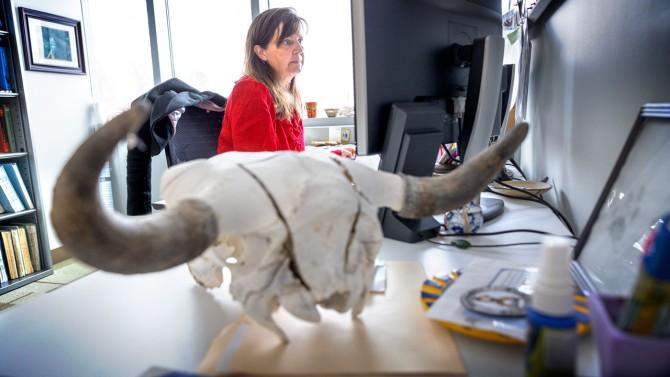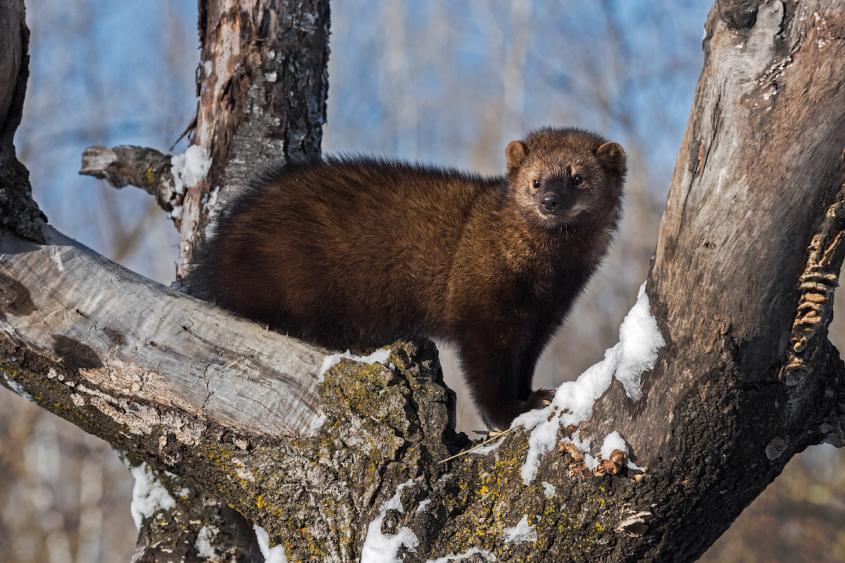In the News

February 03, 2023
A study led by Cornell researchers found that white-tailed deer – the most abundant large mammal in North America – are harboring SARS-CoV-2 variants that once widely circulated but are no longer found in humans.

February 17, 2022
The New York State Wildlife Health Program is a key partnership between Cornell and the New York State Department of Environmental Conservation. The program coordinates responses when disease strikes New York’s wild animals and it helps prevent outbreaks, in domestic animals and people too, by translating data into policy.

January 31, 2022
The Cornell Wildlife Health Center continues to enhance synergy among many of Cornell’s wildlife-focused programs, expand student learning opportunities, and capitalize on earnest interdisciplinary approaches to addressing key wildlife conservation and related public health challenges.

January 03, 2022
The New York State Department of Environmental Conservation recently renewed the New York State Wildlife Health Program for $6.4 million over five years. This partnership has enabled Cornell to work with the state’s wildlife biologists on threats that affect all of New York's wildlife.

June 08, 2021
Chronic wasting disease is a contagious and fatal disease affecting cervids (deer, moose, reindeer, elk). Cornell Wildlife Disease Ecologist Dr. Krysten Schuler asks New Yorkers to be on the lookout for cases of chronic wasting disease among deer.

Announcement
March 19, 2021
Chronic wasting disease is a progressive, fatal, degenerative neurological disease of captive and free ranging deer, elk, and moose. The Cornell Wildlife Health Lab received a grant to assess and quantify risk factors for the introduction of chronic wasting disease in Virginia and to design a state-wide surveillance plan.

December 09, 2020
The Cornell University College of Veterinary Medicine has released its 2020 Annual Report, detailing its progress in its key strategic priority areas, including "Advances in Animal, Human and Ecosystem Health."

August 15, 2019
The New York State Department of Environmental Conservation is proposing new regulations to prevent chronic wasting disease (CWD) from entering the state. CWD is a fatal nervous system disease that affects deer, elk, and moose. According to Cornell's Dr. Krysten Schuler, New York has avoided outbreaks in its deer populations since 2005.

June 27, 2019
Cornell's Dr. Krysten Schuler was invited to provide her expert testimony and recommendations on combating chronic wasting disease (CWD) to the U.S. House of Representatives Committee on Natural Resources.

